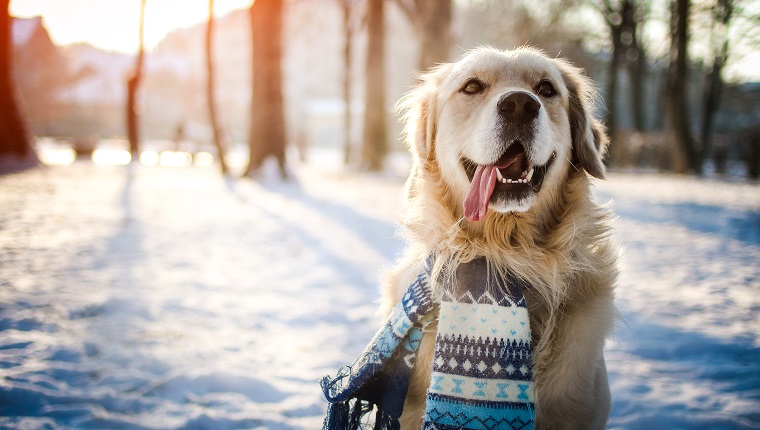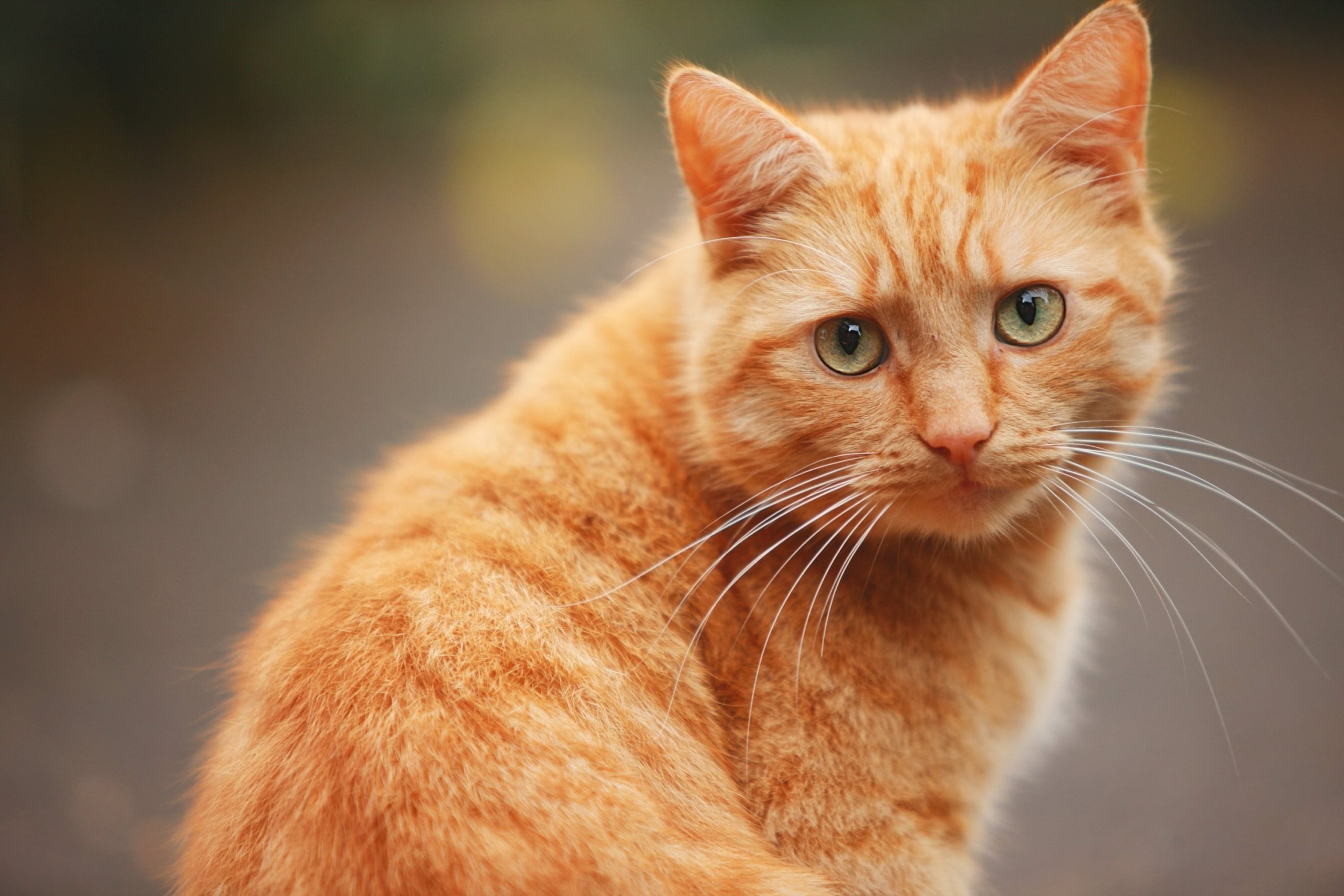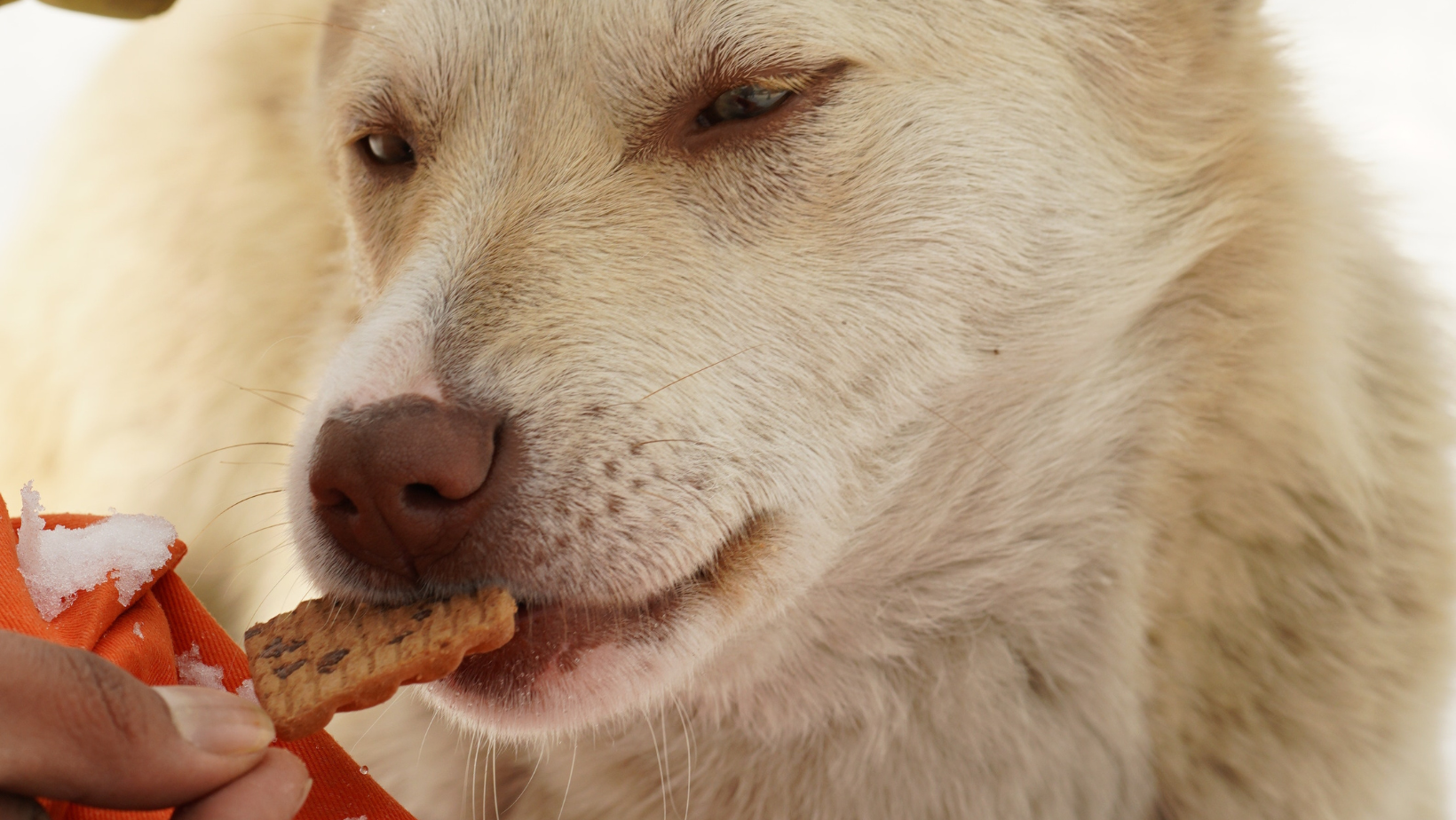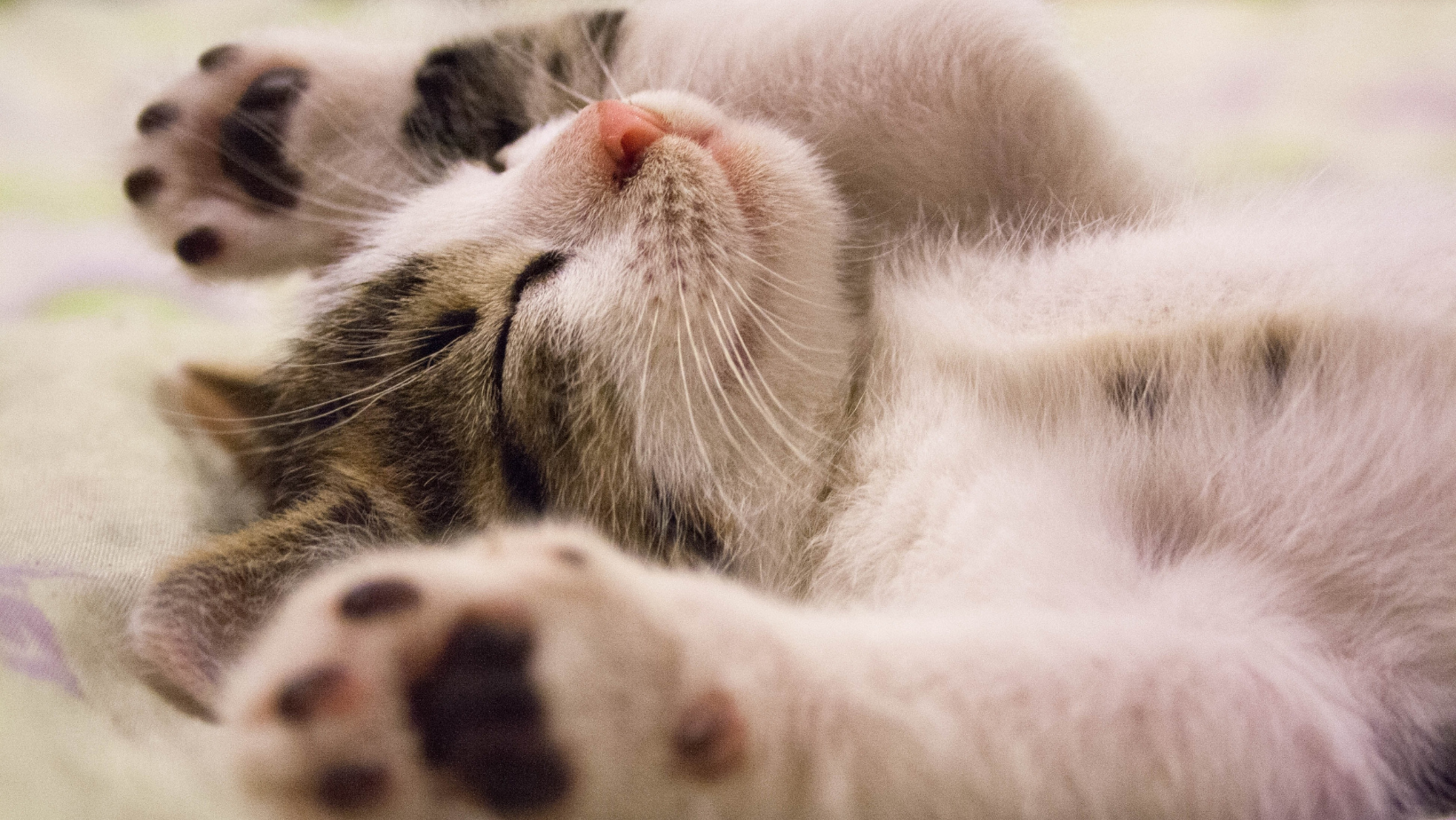Why Does My Dog Eat Grass?
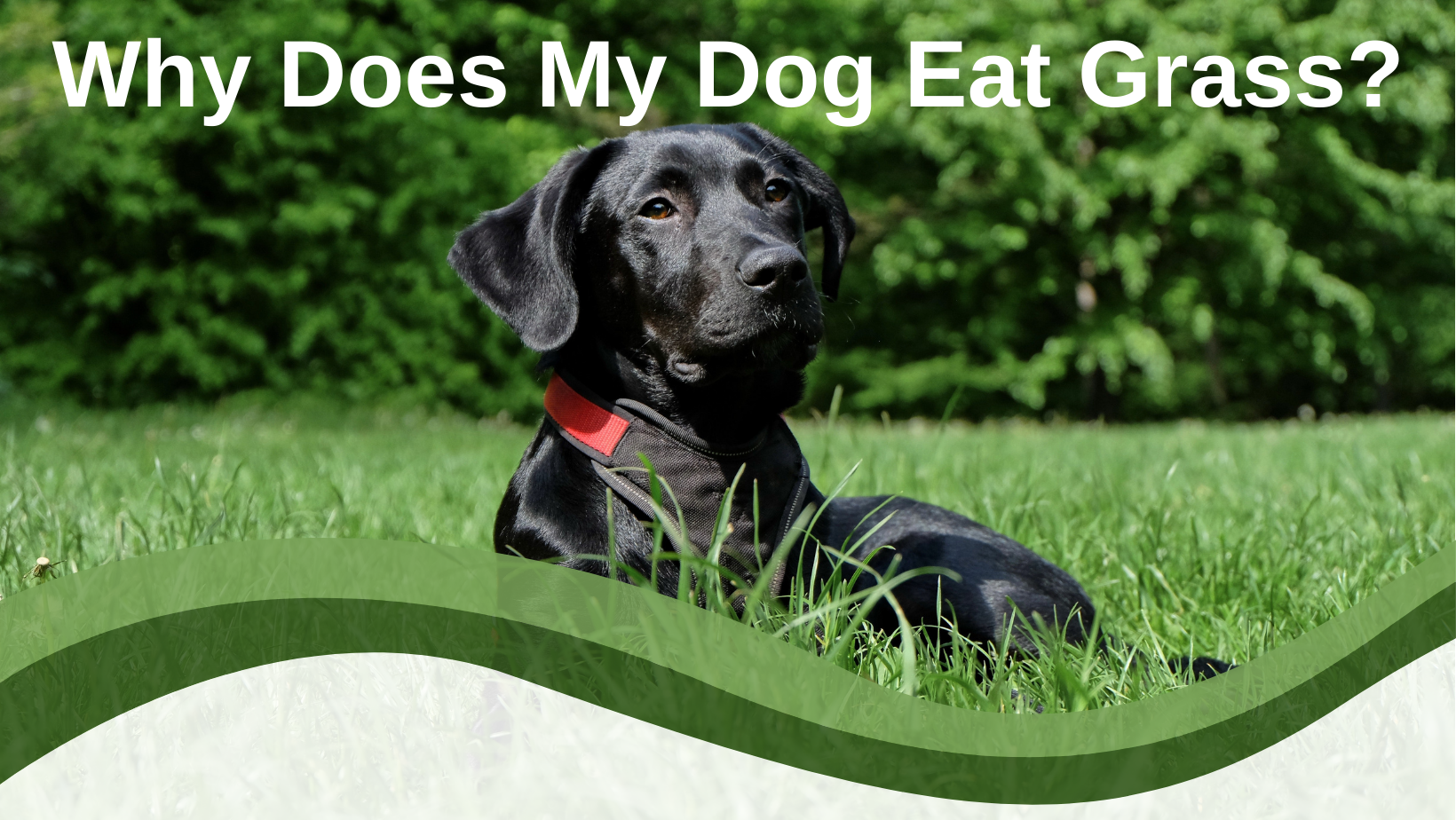
You might be confused if you see your favourite canine buddy chewing grass because they plainly aren’t a cow. Perhaps you’re concerned. Do they seem to be starving? Bored? Sick? Is it safe for them to eat grass?
First, know that you’re not alone in your worry, especially if your dog is vomiting after eating grass.
Pica is the medical word for an eating disorder in which people eat items that aren’t food. This suggest a nutritional shortage in your dog, but it’s more typically an indication of boredom, especially in pups and younger dogs.
Pica in dogs is rather frequent (it has also been noticed in wild dogs and may be perfectly natural), and this type of pica normally does not create too many difficulties. Most vets see it as typical dog behaviour. In a brief study of 49 dog owners whose dogs had regular access to grass and other plants, it was discovered that 79% of the dogs had eaten plants at some point. Grass was the most regularly consumed plant in another survey of plant-eating dogs.
Why Is My Dog Eating Grass?
Your dog may be grazing on your grass for a variety of reasons.
Some people believe that when dogs aren’t feeling well, they will eat grass to make themselves vomit and then feel better. Others argue that dogs are not intelligent enough to chose to eat grass to alleviate an upset stomach.
Evidence reveals that most dogs who eat grass aren’t sick before eating it, or at least don’t appear to be sick. According to their owners, only around 10% of dogs appear to be unwell before eating grass. Grass-eating also doesn’t always result in vomiting; only about a quarter of dogs that graze on grass vomit on a regular basis.
Other possible reasons for your dog eating grass include improved digestion, the treatment of intestinal worms, or the satisfaction of an unmet nutritional demand, such as fibre. A small poodle ate grass and vomited every day for seven years, according to one published research. The dog stopped eating grass completely three days after being put on a high-fiber diet, according to the owner. Of course, it’s also possible that your dog simply like the way grass tastes or feels.
Nervous Habits
Out of boredom or worry, some dogs, especially those left alone outside all day, may acquire a grass-eating habit. Consider it the canine equivalent of cigarette smoking or nail biting. If you believe this is the case, consider spending more time with your pet or providing him with toys that give challenge and mental stimulation. Having another dog to play with might help break your dog’s grass habit, or your pet could benefit from doggy daycare.
Is Grass Eating Dangerous for Dogs?
If your dog eats grass on a daily basis, you shouldn’t be concerned, but make sure the grass he’s eating hasn’t been treated with pesticides or other chemicals. If you’re not sure if the grass has been treated, don’t let him eat it.
While modest grass eating should not hurt dogs, if your dog suddenly starts eating a lot of grass, contact your veterinarian. It’s likely that he’s attempting to self-medicate, and your veterinarian can figure out what’s ailing him. If he eats soil mixed with grass, he runs the risk of eating parasites. Hookworm and roundworm larvae are included. These pests should not impact your dog if he is on a regular deworming regimen, but bring a stool sample to the doctor for parasite testing.


